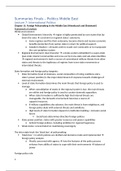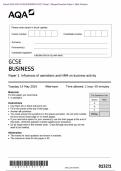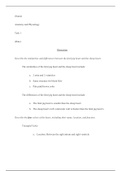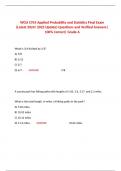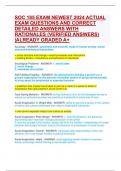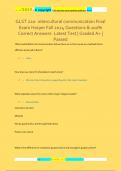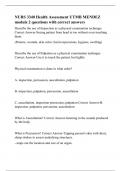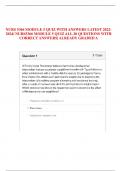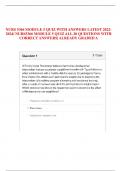Samenvatting
Summary Finals Readings Politics: Middle East - Mostly from chapters of International Relations of the Middle East - Louise Fawcett
- Instelling
- Universiteit Leiden (UL)
Summary of the readings of the weeks after the midterm (including book chapters and articles).
[Meer zien]
